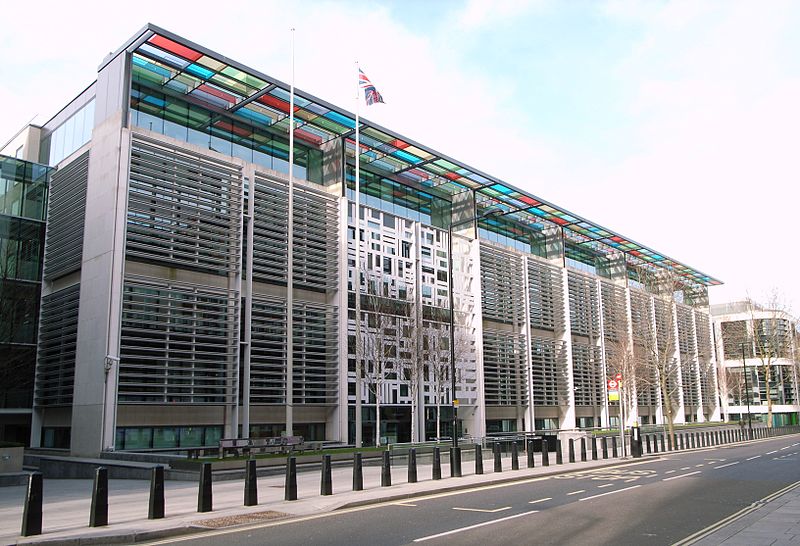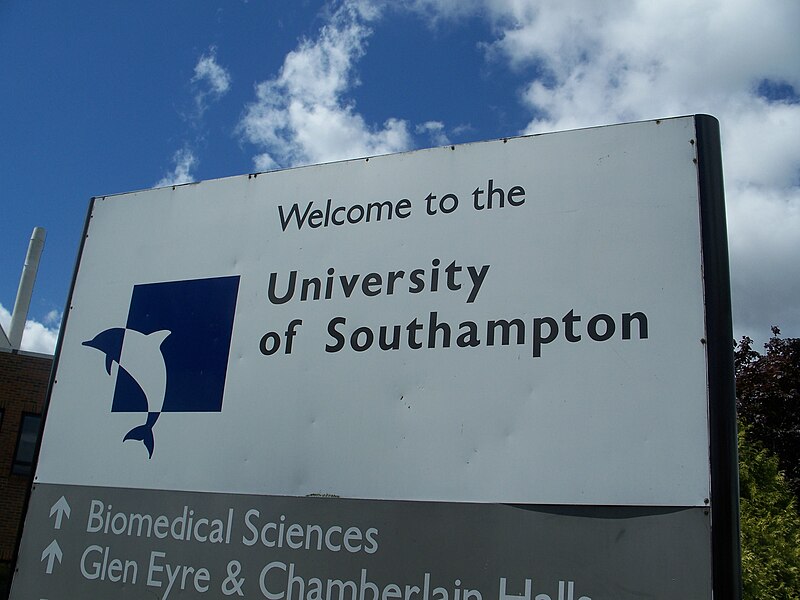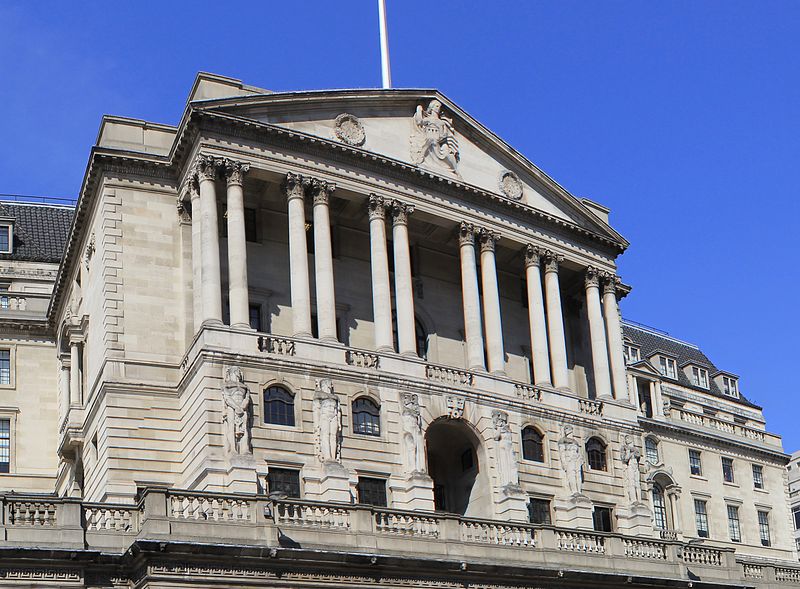
Culture
-
 UK music exports get £1.4m boost as 68 independent artists win global growth grants
Rising British music talent is set for a global push after 68 independent UK acts secured a combined £1.4 million in government-backed funding designed to grow international audiences, boostRead More...
UK music exports get £1.4m boost as 68 independent artists win global growth grants
Rising British music talent is set for a global push after 68 independent UK acts secured a combined £1.4 million in government-backed funding designed to grow international audiences, boostRead More... -
 Emery Walker revealed: new exhibition explores the man behind the arts and crafts legend
A new exhibition opening this spring at Emery Walker’s House sets out to restore depth, warmth, and personality to one of Britain’s most influential yetRead More...
Emery Walker revealed: new exhibition explores the man behind the arts and crafts legend
A new exhibition opening this spring at Emery Walker’s House sets out to restore depth, warmth, and personality to one of Britain’s most influential yetRead More... -
 London confirms St Patrick’s Day 2026 parade and Trafalgar Square festival
London will turn green once again next spring after the Mayor confirmed the capital’s St Patrick’s Day celebrations will take place on Sunday 15 March 2026, with aRead More...
London confirms St Patrick’s Day 2026 parade and Trafalgar Square festival
London will turn green once again next spring after the Mayor confirmed the capital’s St Patrick’s Day celebrations will take place on Sunday 15 March 2026, with aRead More... -
 Masterpieces beyond the Museum: National Gallery brings life-size art to communities ccross the UK
World-famous paintings from the National Gallery are stepping out of Trafalgar Square and into everyday life, as part of a major touring project that will seeRead More...
Masterpieces beyond the Museum: National Gallery brings life-size art to communities ccross the UK
World-famous paintings from the National Gallery are stepping out of Trafalgar Square and into everyday life, as part of a major touring project that will seeRead More... -
 Award-winning Polish writer Mariusz Szczygieł brings ‘Not There’ essay collection on UK tour
Polish writer Mariusz Szczygieł, one of Central Europe’s most acclaimed literary reporters, will tour the UK later this month with a series of public events marking the English-language release...Read More...
Award-winning Polish writer Mariusz Szczygieł brings ‘Not There’ essay collection on UK tour
Polish writer Mariusz Szczygieł, one of Central Europe’s most acclaimed literary reporters, will tour the UK later this month with a series of public events marking the English-language release...Read More... -
 Professor Dame Carol Black GBE reappointed as Chair of the British Library for 2026–2027
The UK Secretary of State has confirmed the extension of Professor Dame Carol Black GBE as Chair of the British Library, continuing her leadership from 1 September 2026 to 31 August 2027.Read More...
Professor Dame Carol Black GBE reappointed as Chair of the British Library for 2026–2027
The UK Secretary of State has confirmed the extension of Professor Dame Carol Black GBE as Chair of the British Library, continuing her leadership from 1 September 2026 to 31 August 2027.Read More... -
 Climate, community and care: Soma Surovi Jannat’s landmark exhibition at the Ashmolean Museum
From spring through autumn 2026, the Ashmolean Museum presents 'Soma Surovi Jannat: Climate Culture Care', a powerful new exhibition that places climateRead More...
Climate, community and care: Soma Surovi Jannat’s landmark exhibition at the Ashmolean Museum
From spring through autumn 2026, the Ashmolean Museum presents 'Soma Surovi Jannat: Climate Culture Care', a powerful new exhibition that places climateRead More... -
 Londoners on trial: 700 years of crime revealed in a free City archives exhibition
From medieval pickpockets to notorious Victorian figures, seven centuries of crime, punishment and public fascination are laid bare in a new exhibition atRead More...
Londoners on trial: 700 years of crime revealed in a free City archives exhibition
From medieval pickpockets to notorious Victorian figures, seven centuries of crime, punishment and public fascination are laid bare in a new exhibition atRead More... -
 Lost for centuries, Henry VIII’s golden love pendant finds a home at the British Museum
A golden heart pendant once symbolizing the doomed marriage of Henry VIII and Katherine of Aragon has finally been secured for permanent display at the BritishRead More...
Lost for centuries, Henry VIII’s golden love pendant finds a home at the British Museum
A golden heart pendant once symbolizing the doomed marriage of Henry VIII and Katherine of Aragon has finally been secured for permanent display at the BritishRead More... -
 British High Commission hosts Caledonian Ball in Lahore to celebrate growing Scotland–Pakistan partnership
The British High Commission brought a touch of Scotland to Lahore this week as it hosted the Caledonian Ball at the historic Sir Ganga Ram Residence, celebratingRead More...
British High Commission hosts Caledonian Ball in Lahore to celebrate growing Scotland–Pakistan partnership
The British High Commission brought a touch of Scotland to Lahore this week as it hosted the Caledonian Ball at the historic Sir Ganga Ram Residence, celebratingRead More... -
 300-year-old Rysbrack Marble putti blocked from export as UK scrambles to save national treasure
A three-century-old marble sculpture by renowned eighteenth-century sculptor Michael Rysbrack has been placed under a temporary UK export ban, giving BritishRead More...
300-year-old Rysbrack Marble putti blocked from export as UK scrambles to save national treasure
A three-century-old marble sculpture by renowned eighteenth-century sculptor Michael Rysbrack has been placed under a temporary UK export ban, giving BritishRead More... -
 Inside ICG PR: how an international PR agency shapes reputation for luxury, fashion, and cultural brands
Interview: the co-founder of Iris Consulting Group Iryna Kotlyarevska on building global visibility with cultural intelligenceRead More...
Inside ICG PR: how an international PR agency shapes reputation for luxury, fashion, and cultural brands
Interview: the co-founder of Iris Consulting Group Iryna Kotlyarevska on building global visibility with cultural intelligenceRead More...

British Queen celebrates
Most Read
- Teen held after US woman killed in London stabbings
- Heave-ho Harry! Prince prepares to join the walking wounded in ice trek to North Pole
- Football: Farhad Moshiri adamant Everton deal above board
- "Master of English Style". Interview with Designer Lydia Dart
- Letter to the Financial Times from Lord Mayor Alderman Michael Bear
UK news

Londoners came together on June 14 to actively participate in the first public meeting dedicated to soliciting their input on homeless hubs as part of the Whole of Community Response to

For the third consecutive year, the UK government has decided to not allow UK sandeel fishing for 2023 for the benefit of the wider marine ecosystem – such as seabirds and marine mammals

A remarkable five-bedroom home in Sussex, known as Wings Place or Anne of Cleves House, has been put up for sale with a price tag of over £2 million. The Grade-I listed property holds

A clearer definition of ‘serious disruption’ will stop slow marching protesters causing hours of delay and distress to the public from tomorrow (15 June).

Universities across the UK are set to benefit from a substantial £54 million investment in their work to develop cutting edge artificial intelligence (AI) technology, Technology Secretary Chloe

Governor Andrew Bailey of the Bank of England admitted that the process of reducing UK inflation is taking longer than anticipated. During his appearance before the House of Lords Economic

In a concerning development, more than 1,200 migrants have arrived in Britain via small boats in just three days, signaling a return to levels not seen since the previous year. The Home Office

Today, thousands of junior doctors in England have initiated a 72-hour strike, which NHS chiefs fear could result in significant disruption to the country's healthcare system. The three-day

The UK economy experienced marginal growth in April as expected, thanks to the contributions of the retail and film industries, despite contractions in manufacturing and construction sectors,

The largest private pension scheme in Britain, the Universities Superannuation Scheme (USS), sought to prevent a groundbreaking lawsuit alleging its failure to establish a credible plan




















